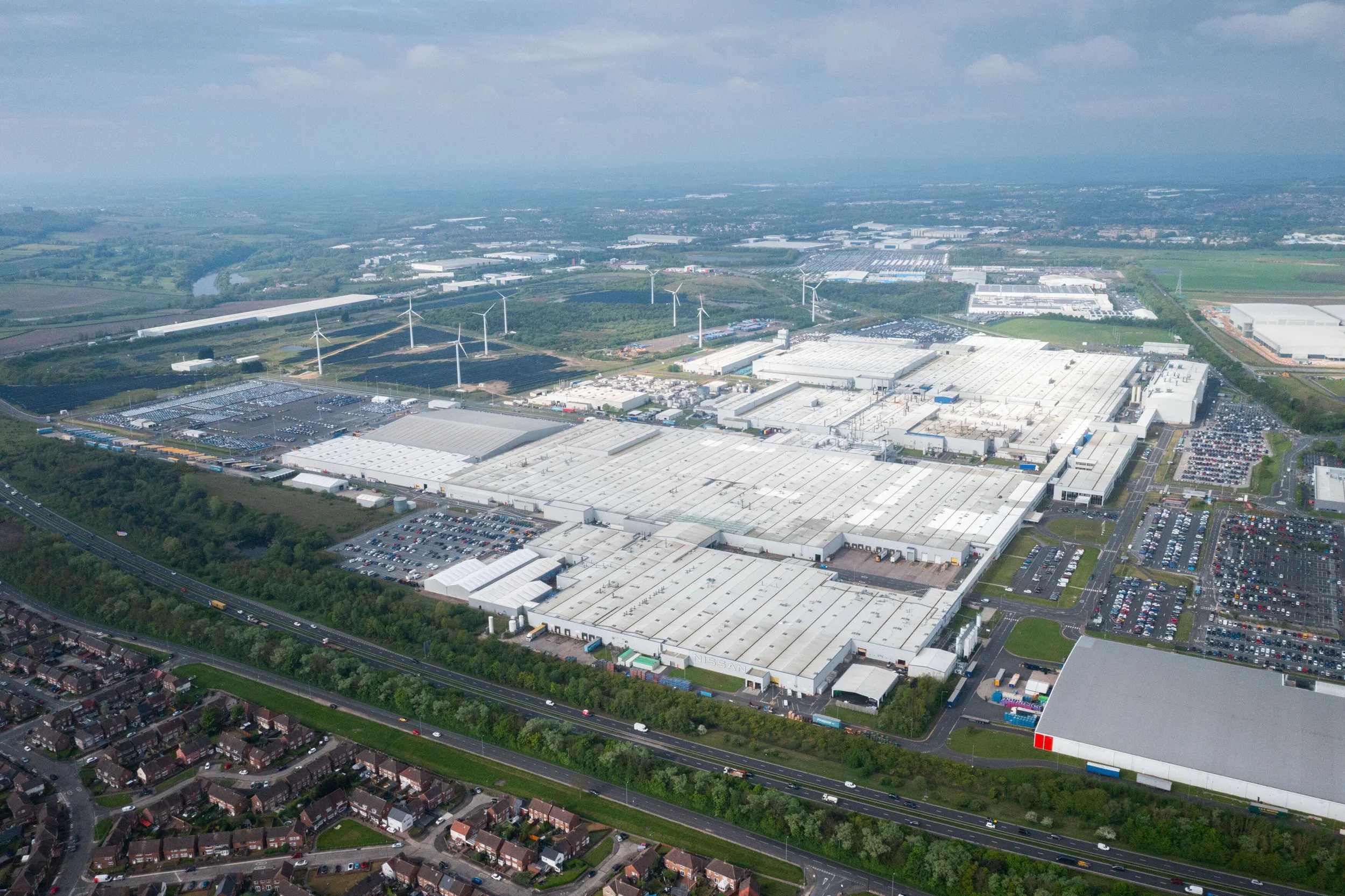Nissan calls for urgent action on UK Zero Emissions Vehicle (ZEV) Mandate
Nissan has today called for urgent action to avoid carmakers being penalised for slowdown in electric vehicle (EV) sales in the UK resulting from outdated targets in the UK’s Zero Emissions Vehicles Mandate.
The Mandate was established to incentivise manufacturers to move from petrol and diesel vehicles to EVs, under the assumption that the sharp rises in consumer demand for EVs seen in recent years would continue.
Despite discounting by manufacturers to drive sales this year, the SMMT predict that the slowdown in consumer demand means that EV sales will only reach 18.5% of the total market, against the 2024 ZEV Mandate target for 22%, which will rise to 28% in 2025.
However, missing the target will result in significant fines for manufacturers unless credits are purchased from EV-only brands – none of which manufacture in the UK, meaning the UK automotive industry will effectively be subsidising EV sectors in other countries, at the expense of investment in Britain. Exactly how this benefits the end user is baffling.
Nissan remains committed to a fully-electric future and with partners is investing billions in new models and technologies for its UK operations. In light of the slowdown in consumer demand, the UK Government needs to urgently address the ZEV Mandate to protect such investments, including:
Increased flexibility on borrowing credits from future years in the short-term
A two-year monitoring period for 2024 and 2025 in place of potentially devastating fines for the industry.
This would allow companies to plan accordingly and ensure the UK can deliver on the 80% target by 2030, even amidst existing market headwinds.
“Nissan has consistently supported the aims of the UK’s ZEV Mandate and have been working with Governments and partners towards a fully electric future since the first Nissan LEAF arrived in 2010,” said Guillaume Cartier, Chairperson for the Nissan Africa, Middle East, India, Europe and Oceania (AMIEO) region.
“The Mandate risks undermining the business case for manufacturing cars in the UK, and the viability of thousands of jobs and billions of pounds in investment. We now need to see urgent action from the Government by the end of the year to avoid a potentially irreversible impact on the UK automotive sector.”
As the Government’s Industrial Strategy recognises, UK automotive manufacturing is an essential growth-driving sector. It employs hundreds of thousands of people across the country, and represents 12% of UK exports.
Nissan is proud to call the UK home, employing over 7,000 people who design, engineer and build vehicles in Britain for customers across Europe and the world, contributing more than £2bn per year to the UK economy though wages, UK-built parts and services.
Not only the biggest UK carmaker through its Sunderland plant (NMUK), Nissan also designs and engineers vehicles through its international design (NDE) and R&D (NTCE) teams in Paddington and Cranfield. Three new EVs have already been announced for UK production as part of the Nissan’s EV36Zero blueprint for the future of manufacturing – EV and battery production powered by renewable energy. Associated investments in battery recycling, skills development and vehicle-to-grid technology are also in progress to help realise a sustainable, fully-electric future.
Nissan recognises that further discussion is required on improvements to consumer incentives and charging infrastructure to support the transition to EVs in the longer-term. However the immediate changes proposed by Nissan to the ZEV Mandate would not cost anything to the UK taxpayer, and would remove the risk of investments in future vehicles and technologies being diverted into fines and credits for overseas manufacturers.
Cartier added: “We are committed to working with Government and industry partners on a long-term solution, but action is needed urgently to ensure we protect UK car manufacturing and ensure we can all realise and support the transition to zero emissions and carbon neutrality.”

